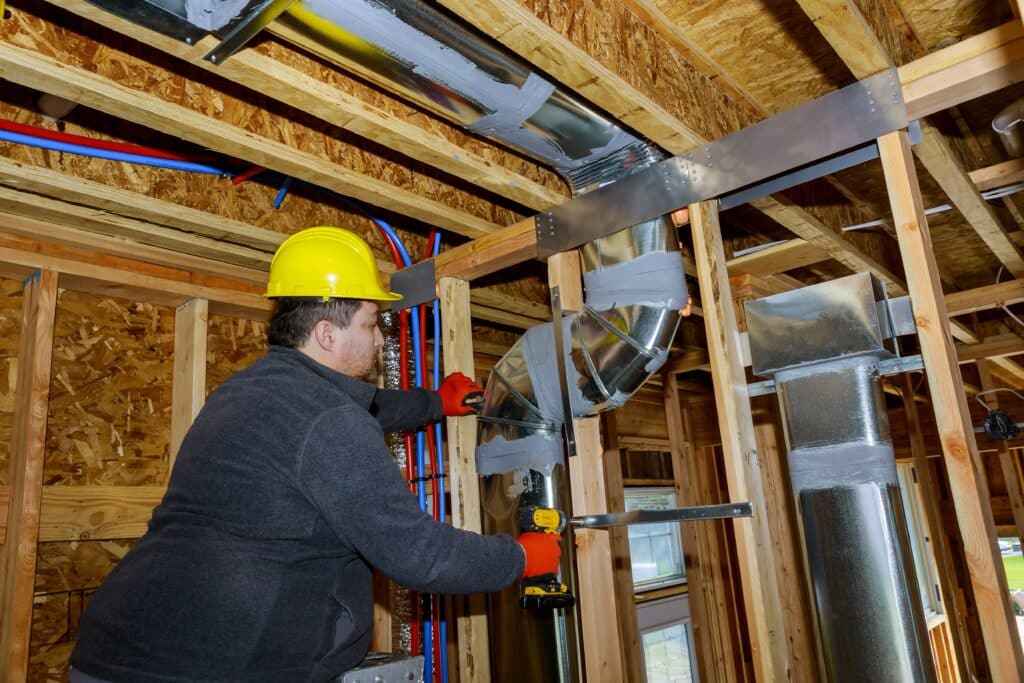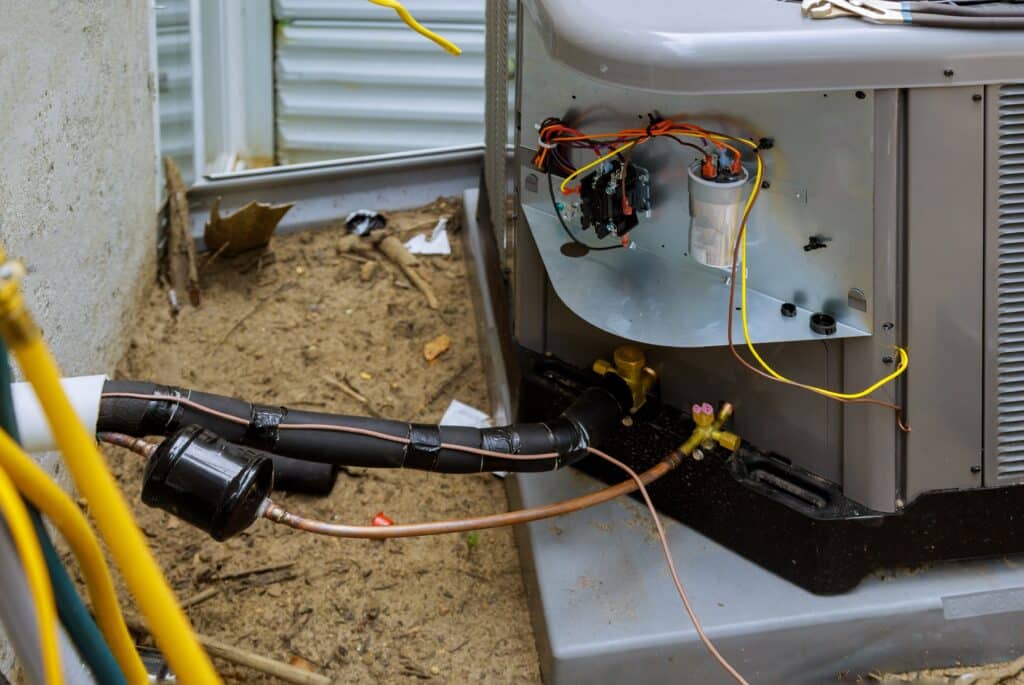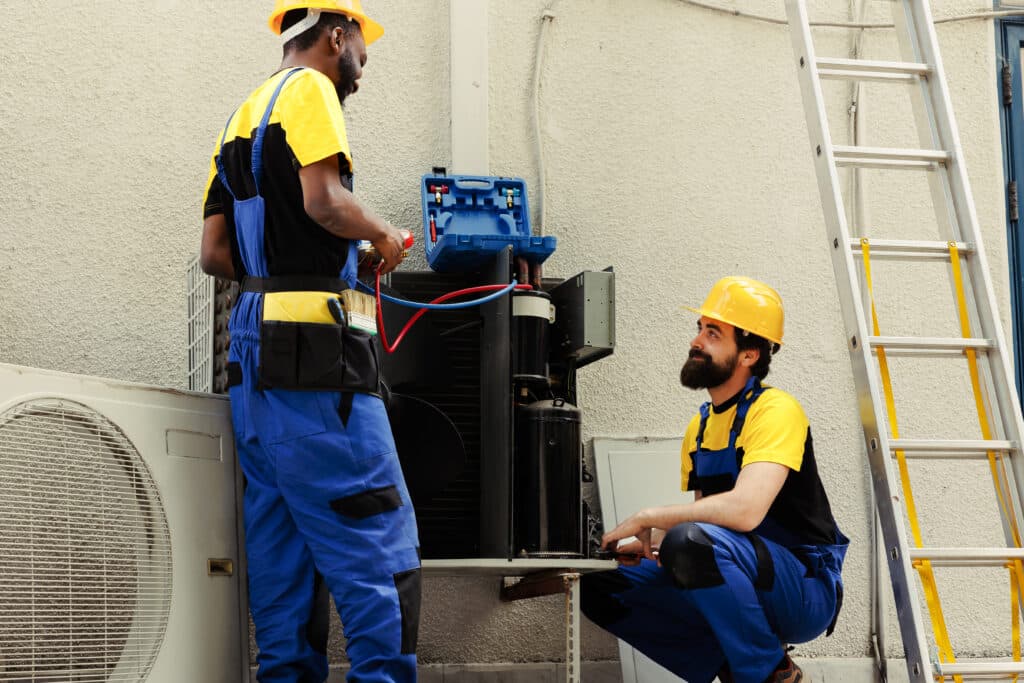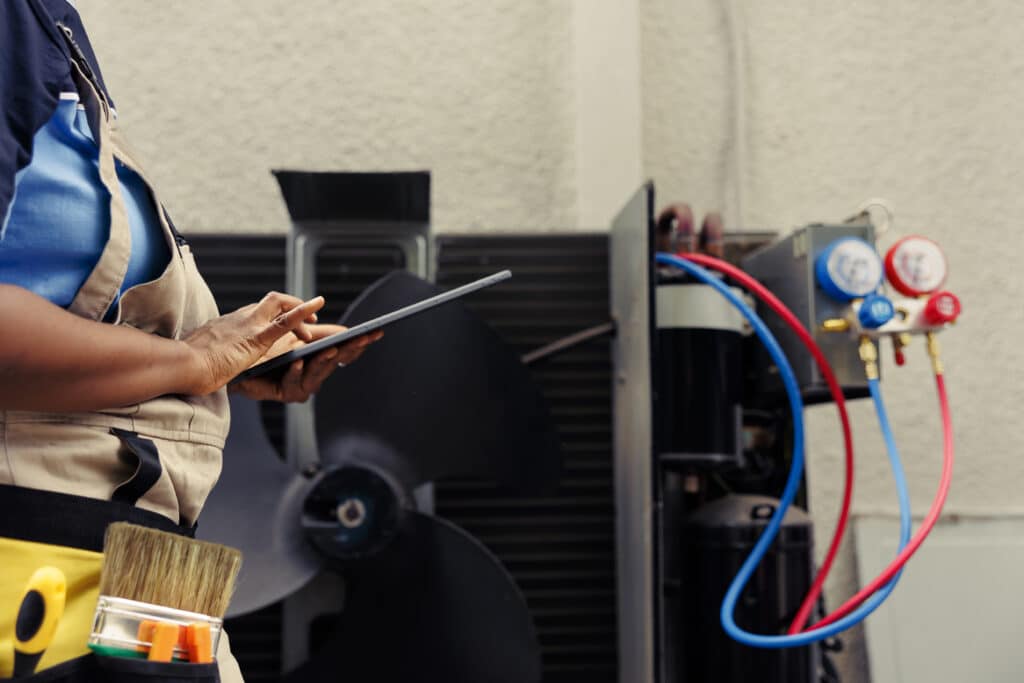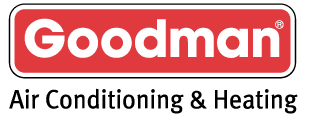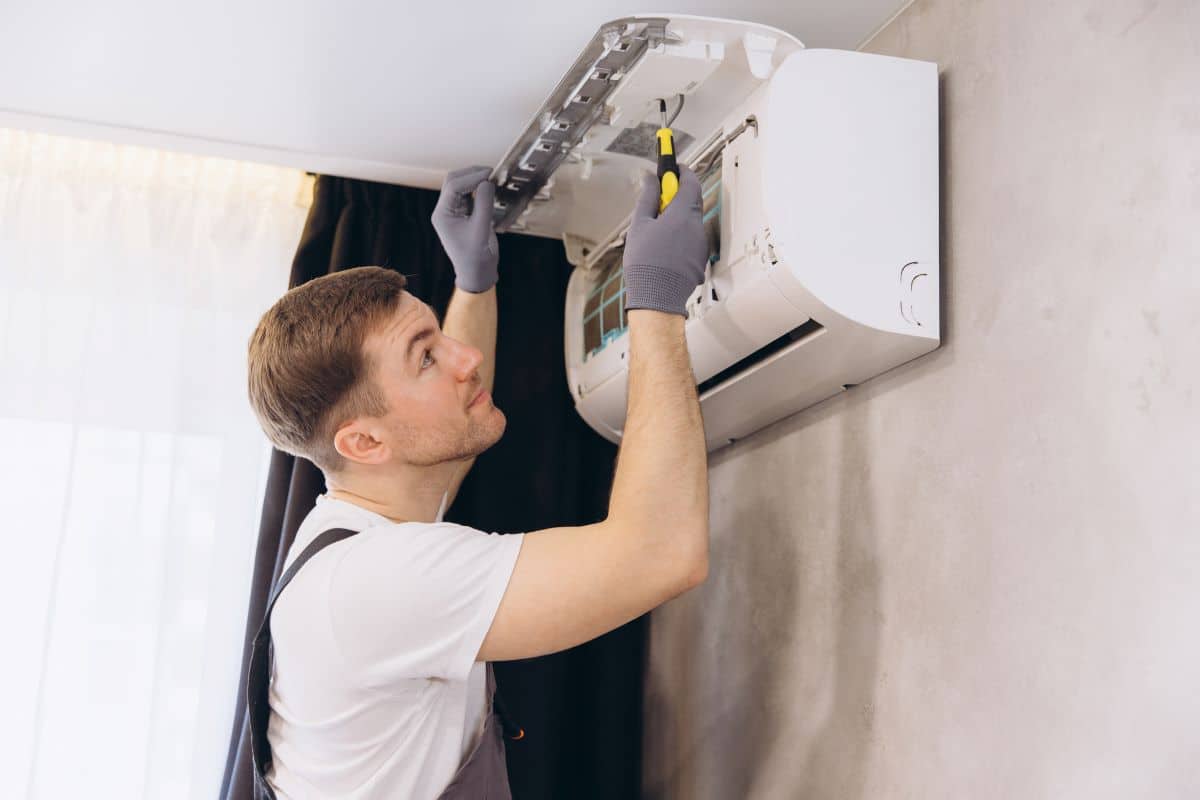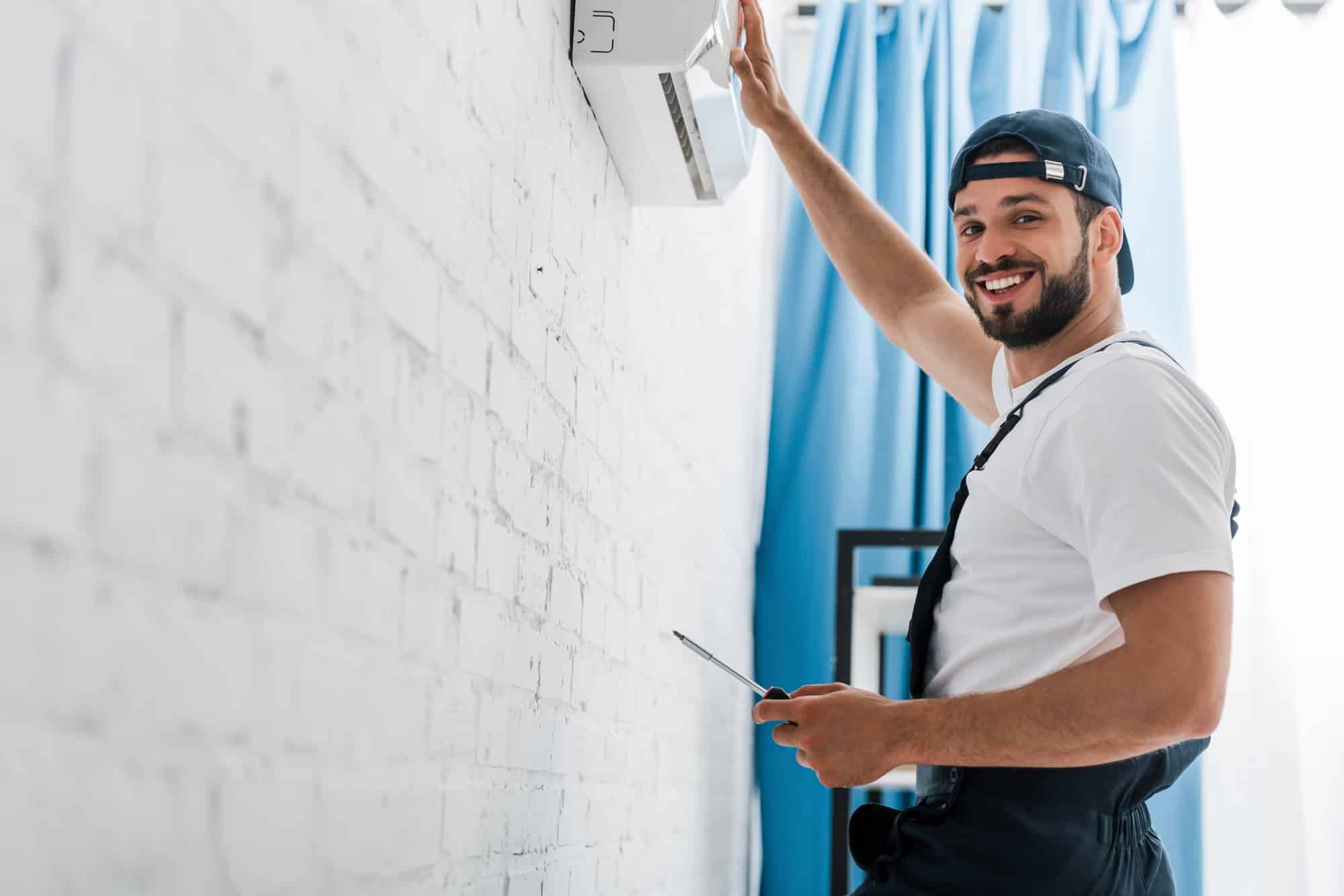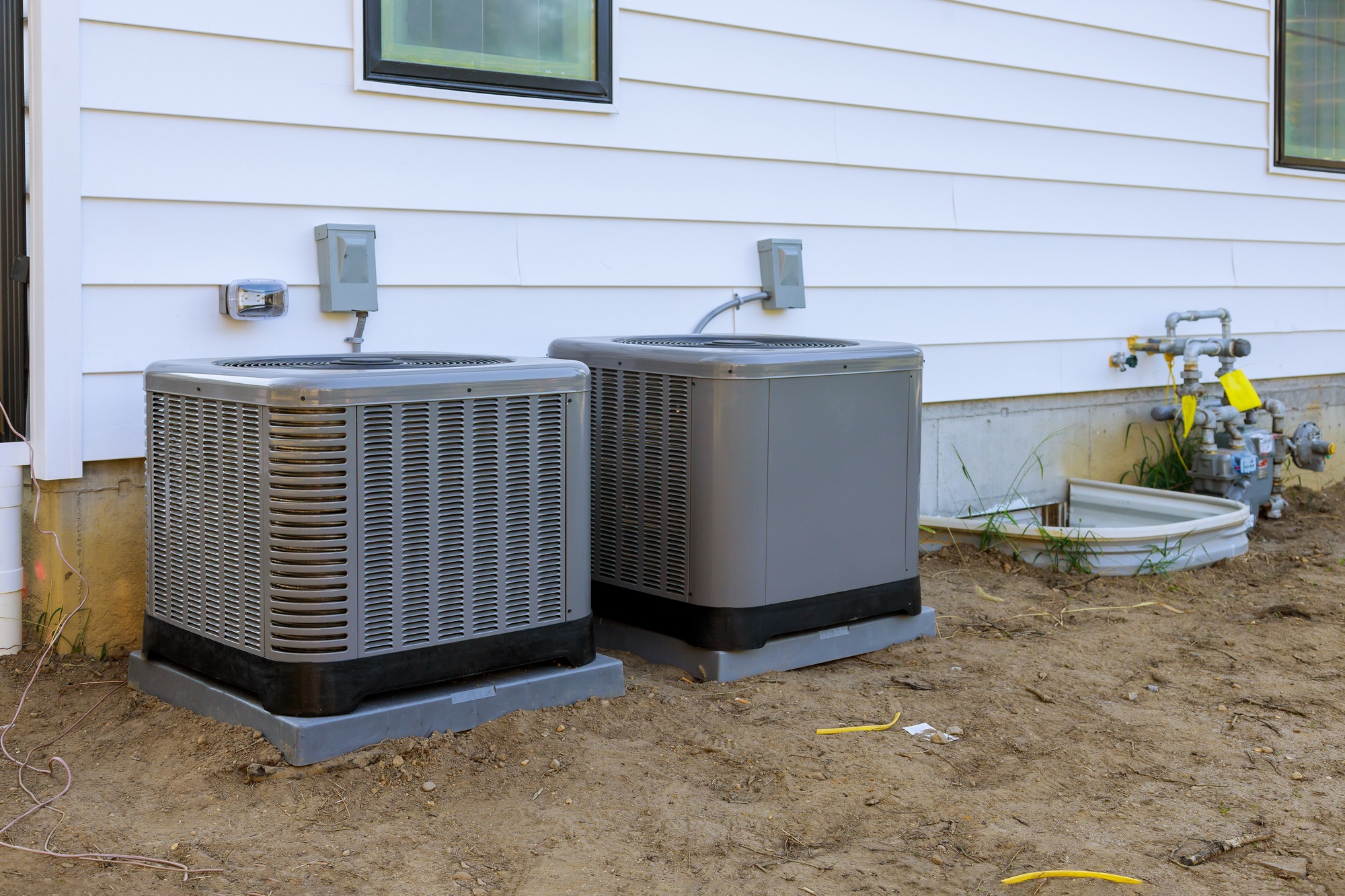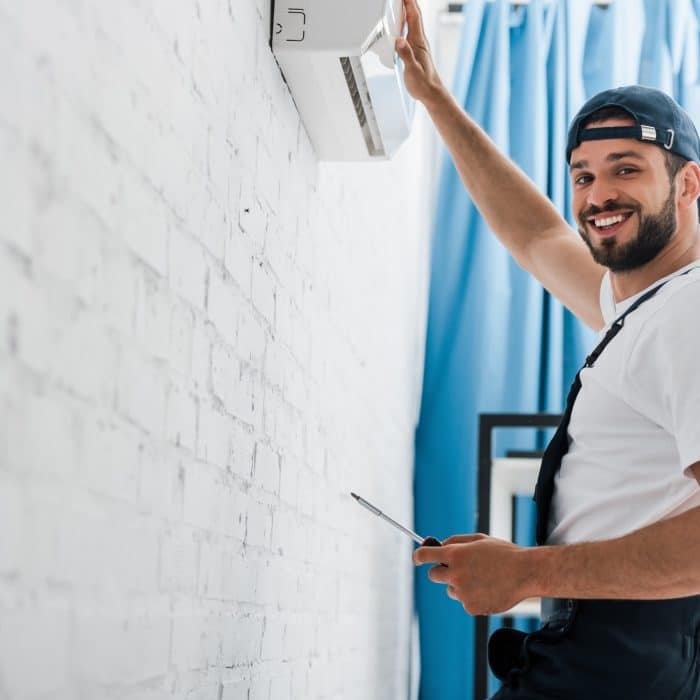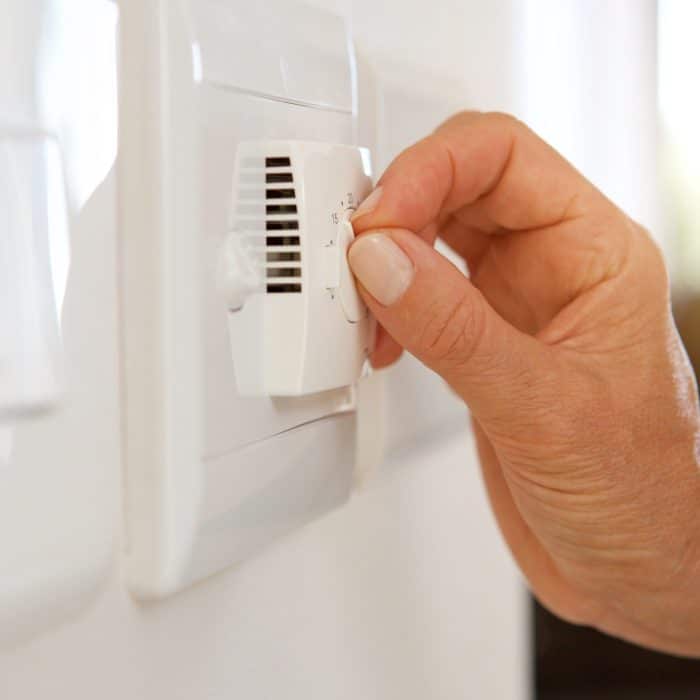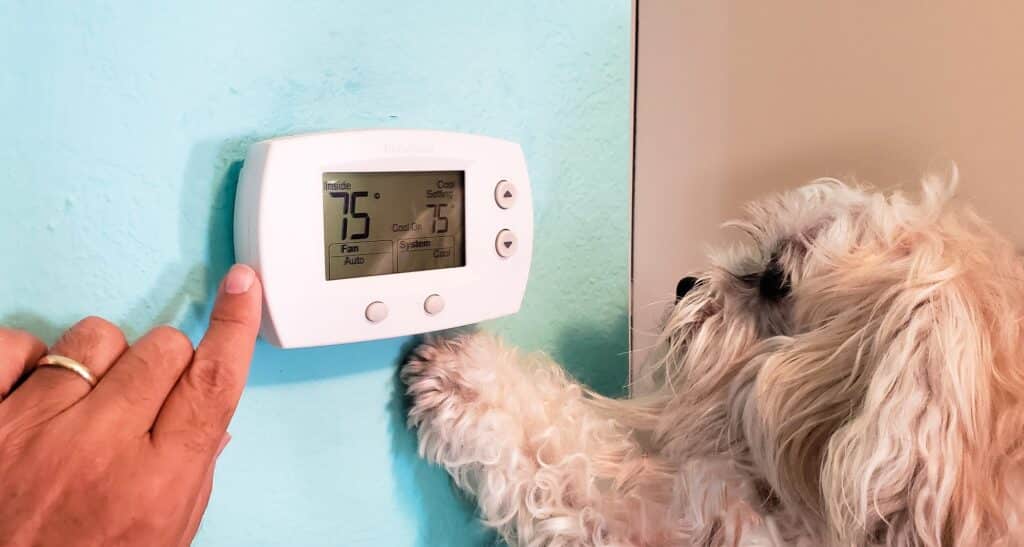
As winter settles in, your HVAC system becomes a vital part of keeping your home warm and comfortable. To ensure your heating system operates efficiently throughout the season, it’s important to take proactive steps for maintenance. Here are some essential tips:
Replace Air Filters Regularly
Air filters trap dust, pollen, and other airborne particles, preventing them from entering your HVAC system and circulating through your home. When filters become clogged, airflow is restricted, forcing the system to work harder to heat your home. This reduces efficiency and can increase energy costs.
- How Often: Change filters every 1–3 months, or more frequently if you have pets, allergies, or live in an area with high dust levels.
- Tips: Consider upgrading to high-efficiency filters if you’re concerned about allergens or air quality.
Check Your Thermostat Settings
Your thermostat is key to maintaining comfort and controlling energy costs during winter. Incorrect settings can lead to wasted energy or an uncomfortably cold home.
- Optimization: Lower the temperature by 7–10 degrees when you’re asleep or away from home to save up to 10% on annual heating costs.
- Smart Thermostats: These devices can learn your schedule and adjust settings automatically, ensuring your home is warm when you need it and energy-efficient when you don’t.
Inspect and Seal Ductwork
Ductwork carries warm air from your HVAC system to the rooms in your home. Leaks or poorly insulated ducts can cause heat loss, making your system less efficient.
- Inspection: Look for visible gaps, loose connections, or damaged insulation. Pay special attention to ducts in unheated areas like attics or basements.
- Sealing: Use HVAC-grade duct tape or mastic sealant to close gaps. For more significant issues, consult a professional.
Clean Vents and Registers
Blocked or dirty vents reduce airflow and can make your HVAC system work harder to distribute heat evenly.
- How to Clean: Use a vacuum with a hose attachment to remove dust and debris from vents and registers. Wipe down the surfaces with a damp cloth.
- Check for Obstructions: Ensure furniture or curtains aren’t blocking vents to maximize airflow and comfort in your living spaces.
Schedule a Professional Tune-Up
An annual HVAC tune-up ensures your system is ready to handle the demands of winter. During a tune-up, a technician will:
- Inspect for wear and tear on components.
- Clean key parts like the burner, heat exchanger, and blower motor.
- Test system performance and efficiency.
- Address minor issues before they become major problems.
Routine maintenance not only improves efficiency but can also extend the lifespan of your HVAC system and maintain your warranty coverage.
Check for Carbon Monoxide Risks
Gas-powered heating systems can pose a carbon monoxide (CO) risk if not properly maintained. CO is odorless and potentially deadly, making regular checks crucial.
- Inspection: Have a professional check for cracks in the heat exchanger and other potential sources of leaks.
- Safety Equipment: Install CO detectors on every level of your home, especially near bedrooms, and test them monthly. Replace detectors every 5–7 years.
Prepare Your Outdoor Unit
If your HVAC system includes an outdoor heat pump or dual system, it needs special care to perform optimally in winter.
- Clear Debris: Remove leaves, sticks, and other debris around the unit to prevent airflow blockages.
- Ice and Snow: After snowfalls, clear any accumulation from the unit. Ensure proper drainage to prevent ice buildup.
- Professional Help: Schedule a technician to inspect the outdoor unit for damage or wear, particularly in areas prone to freezing temperatures.
